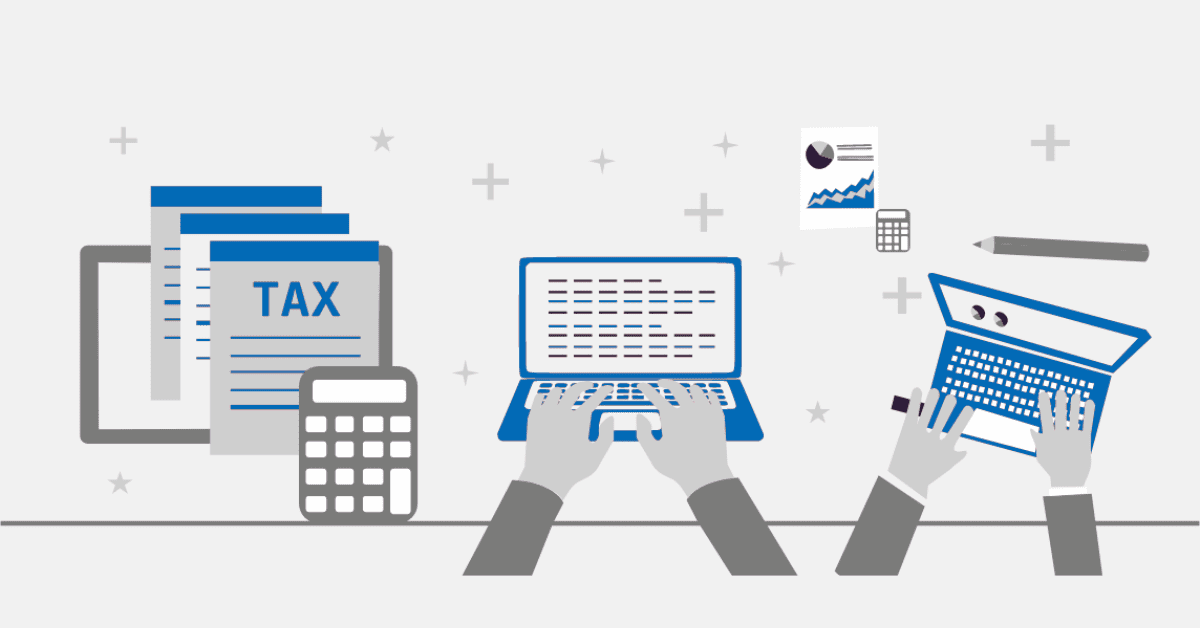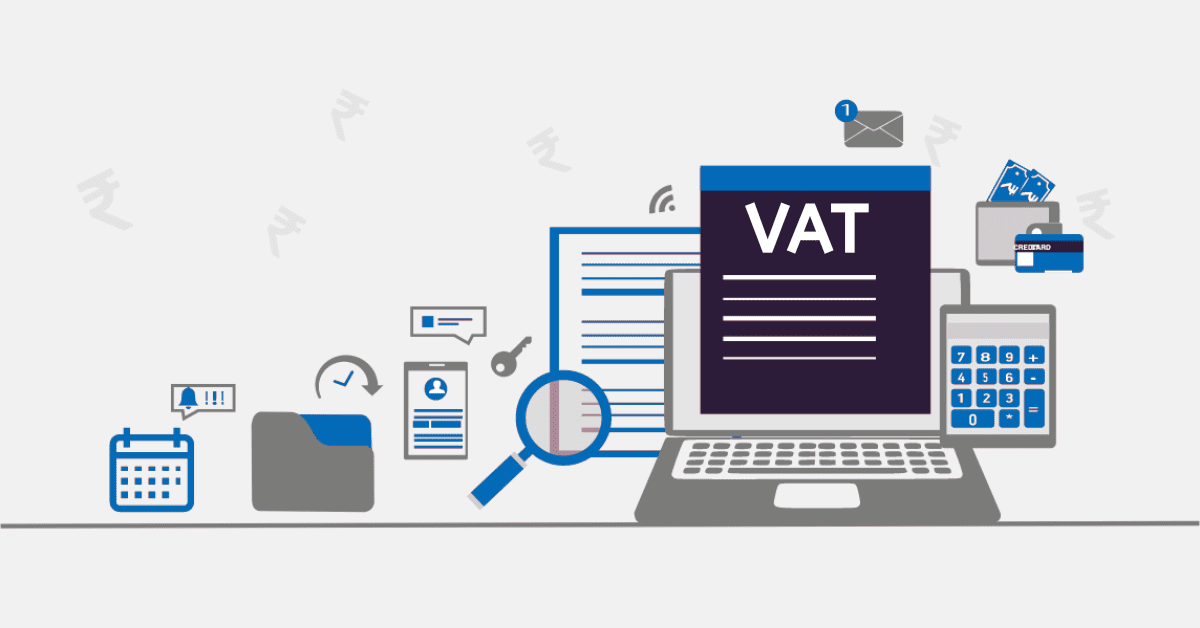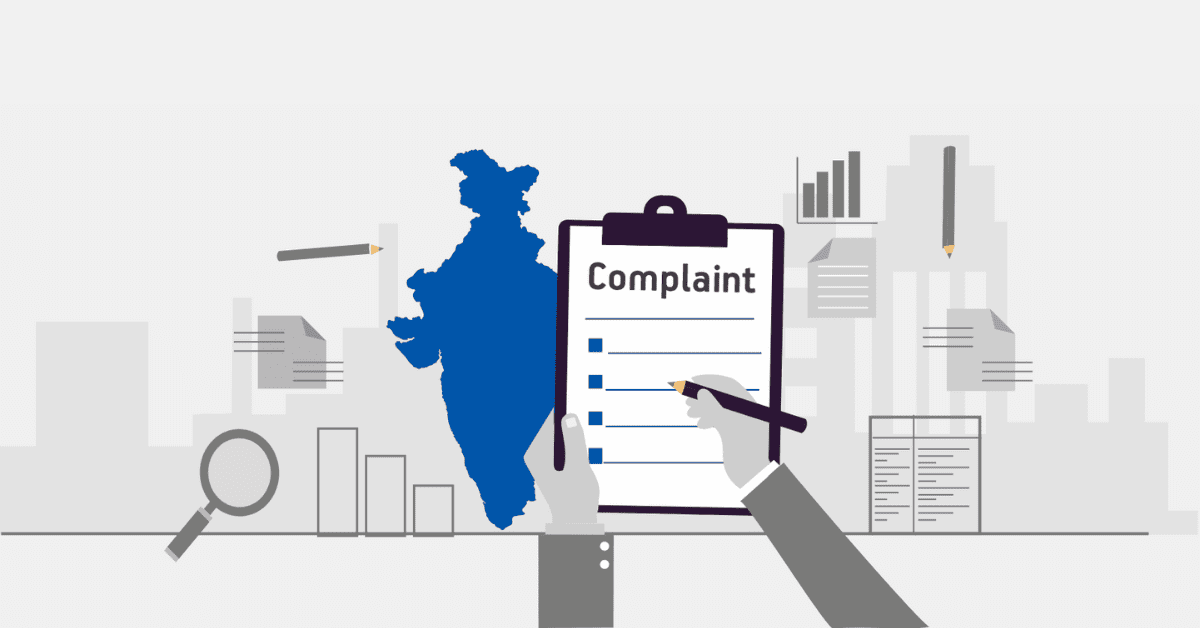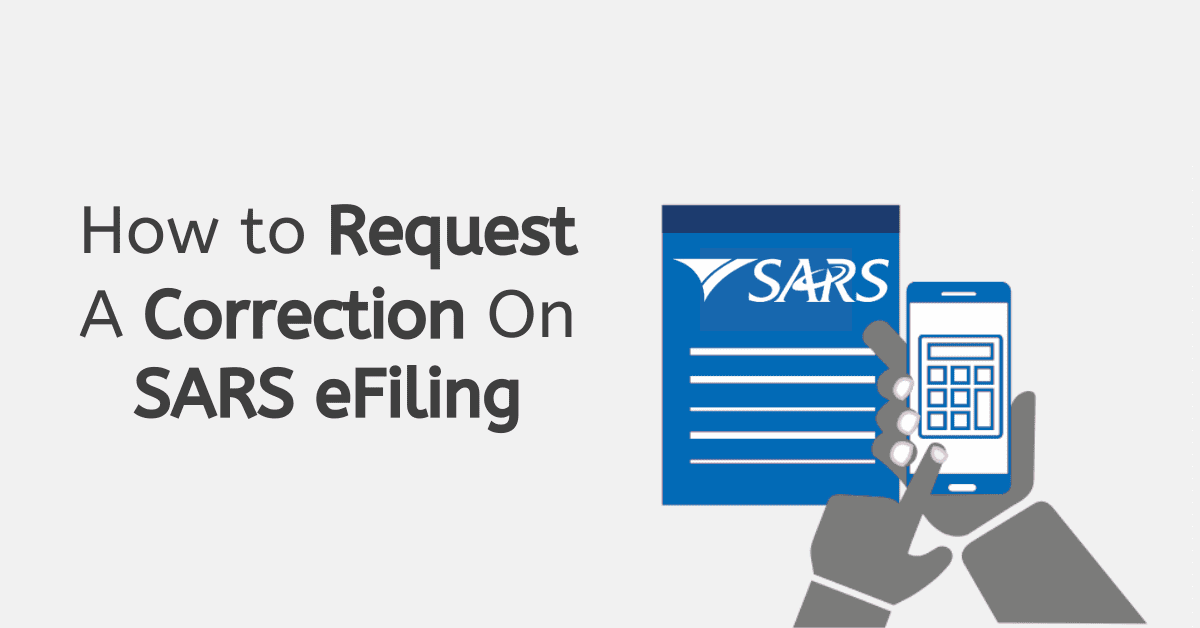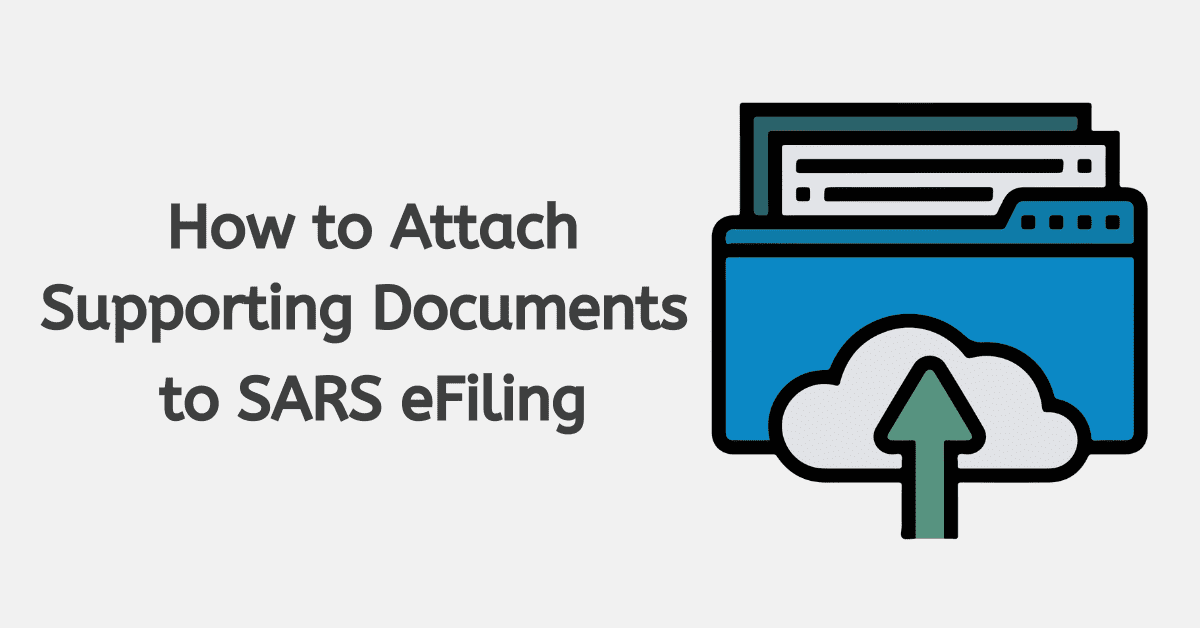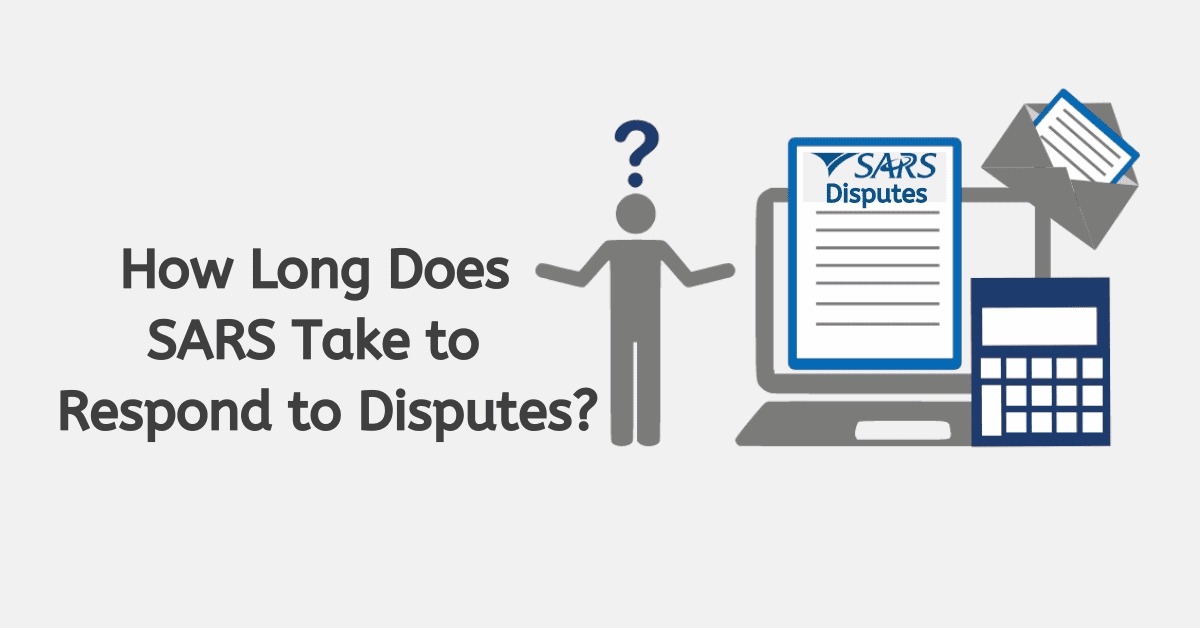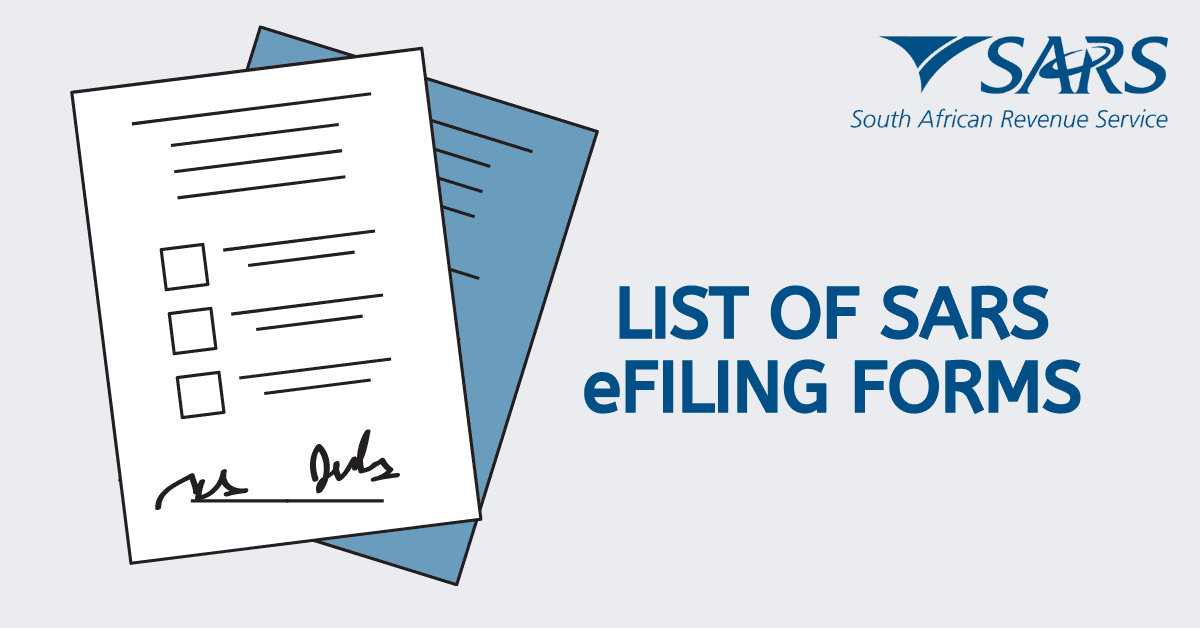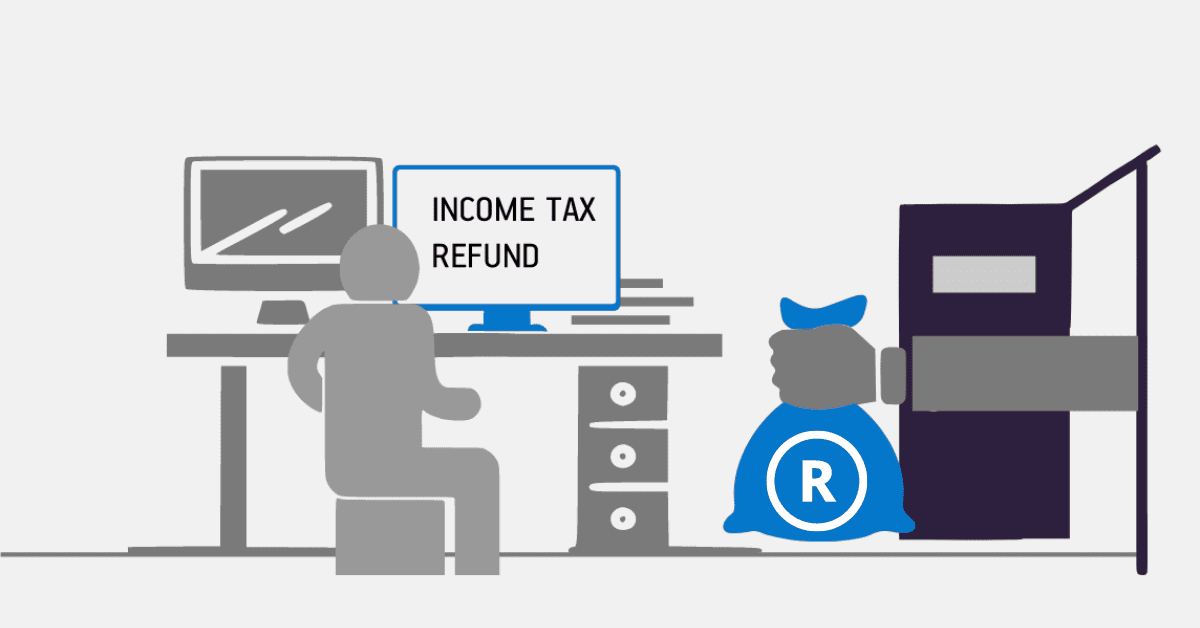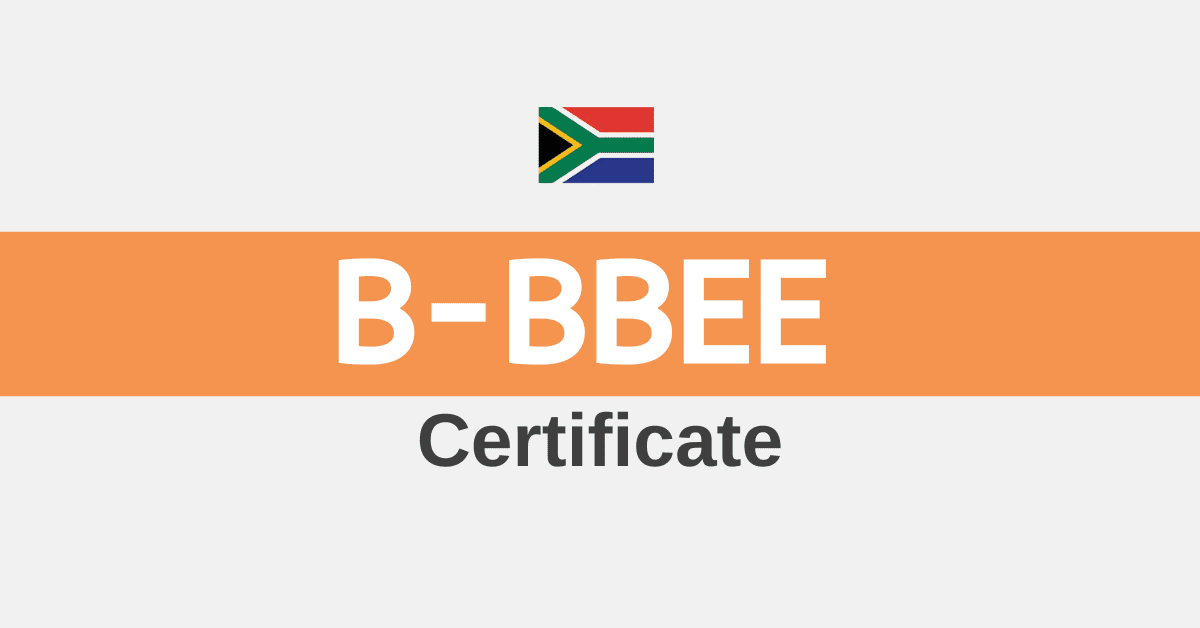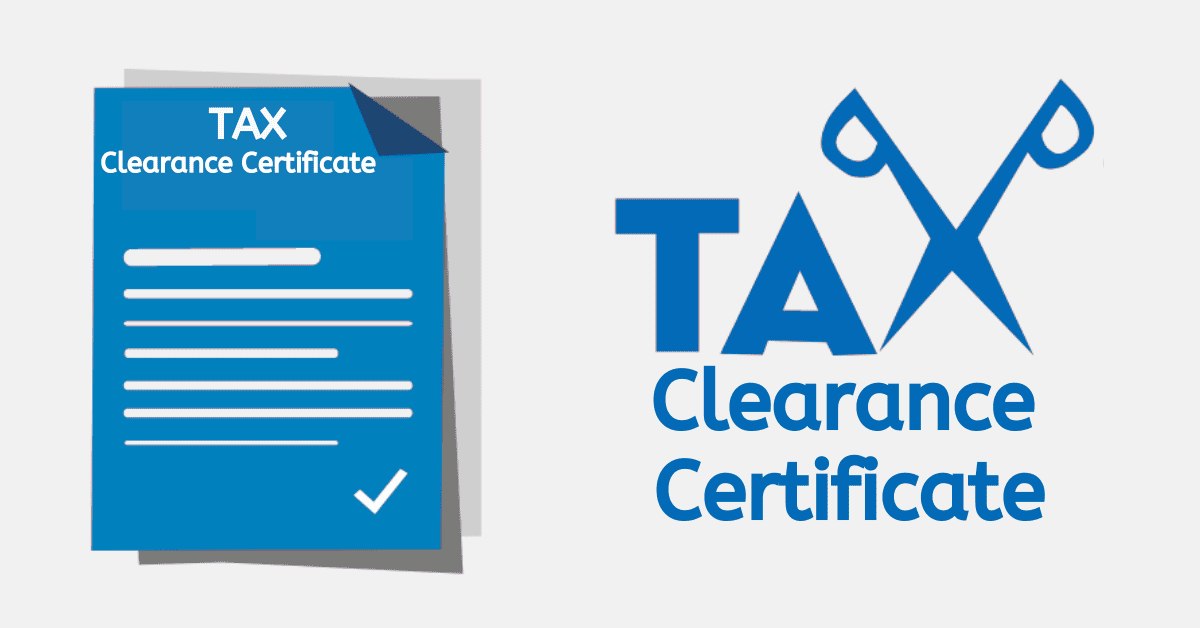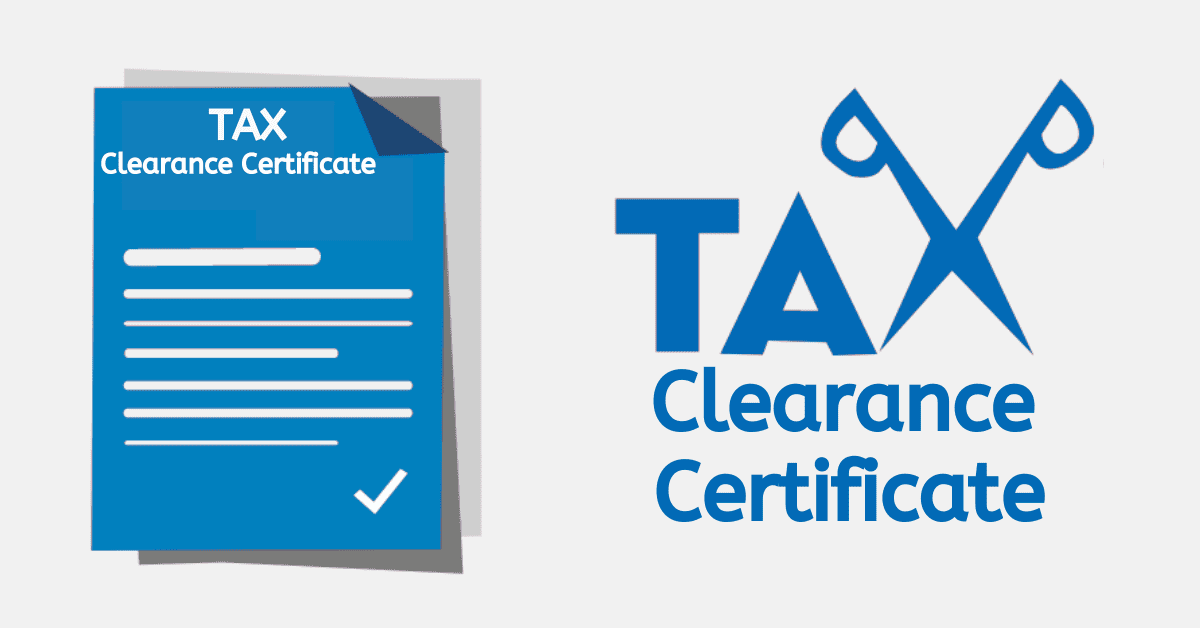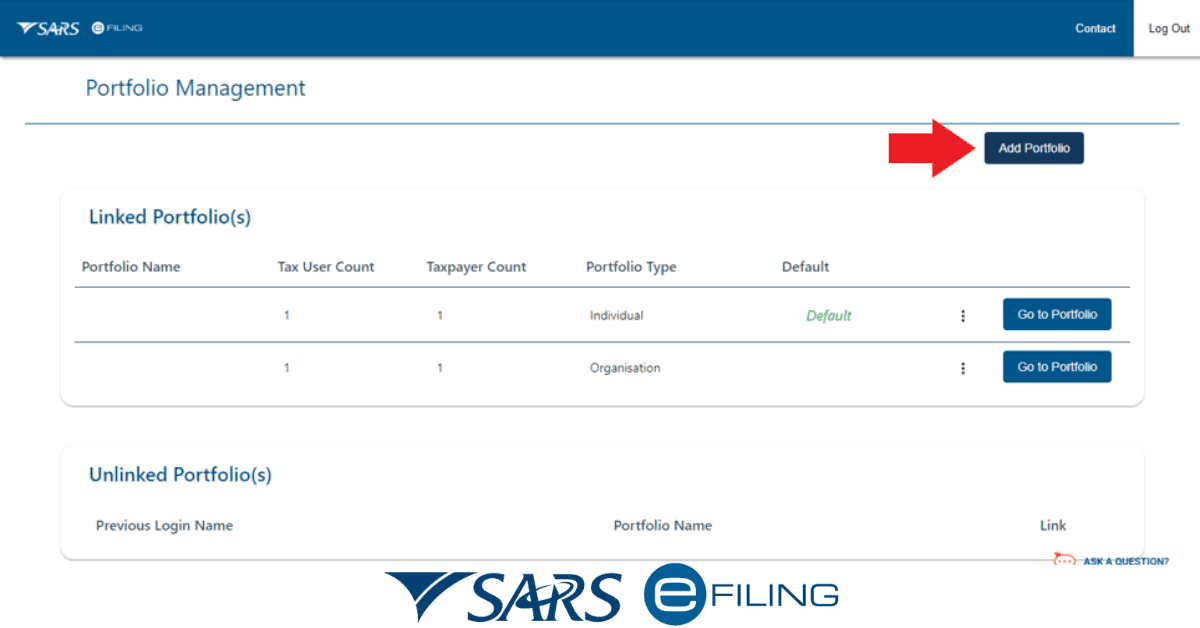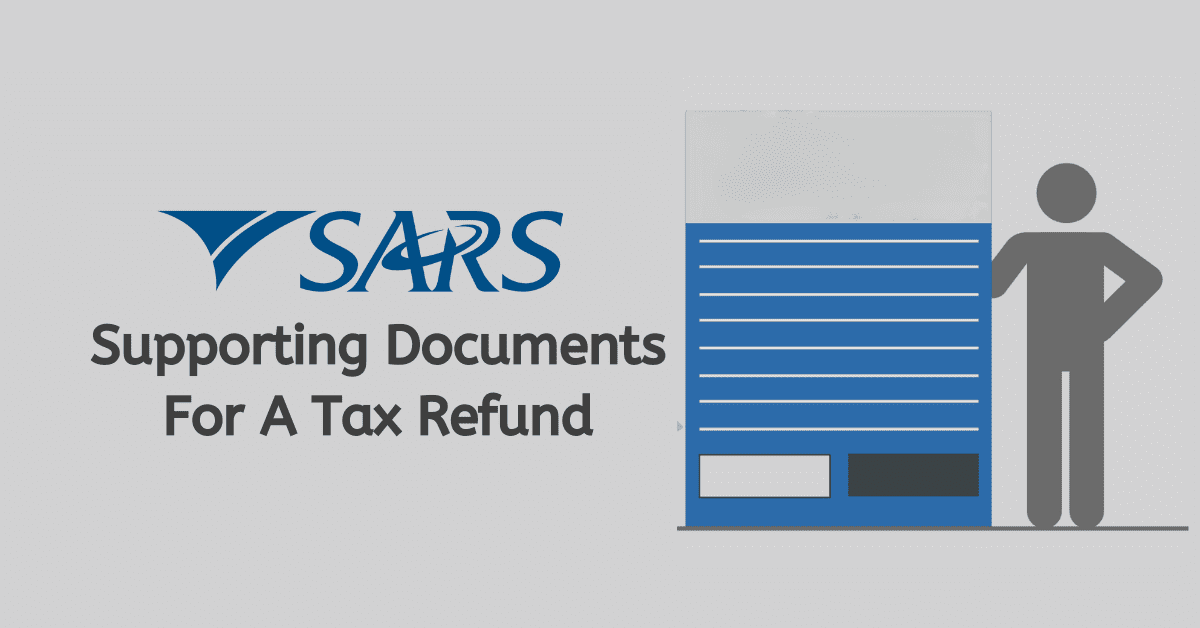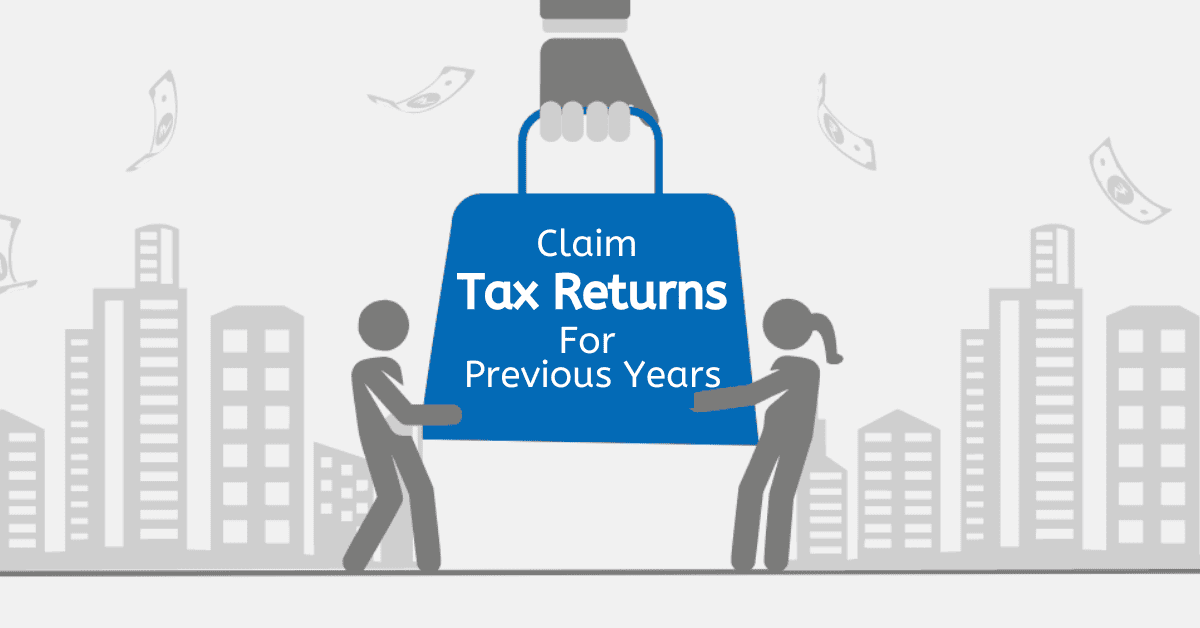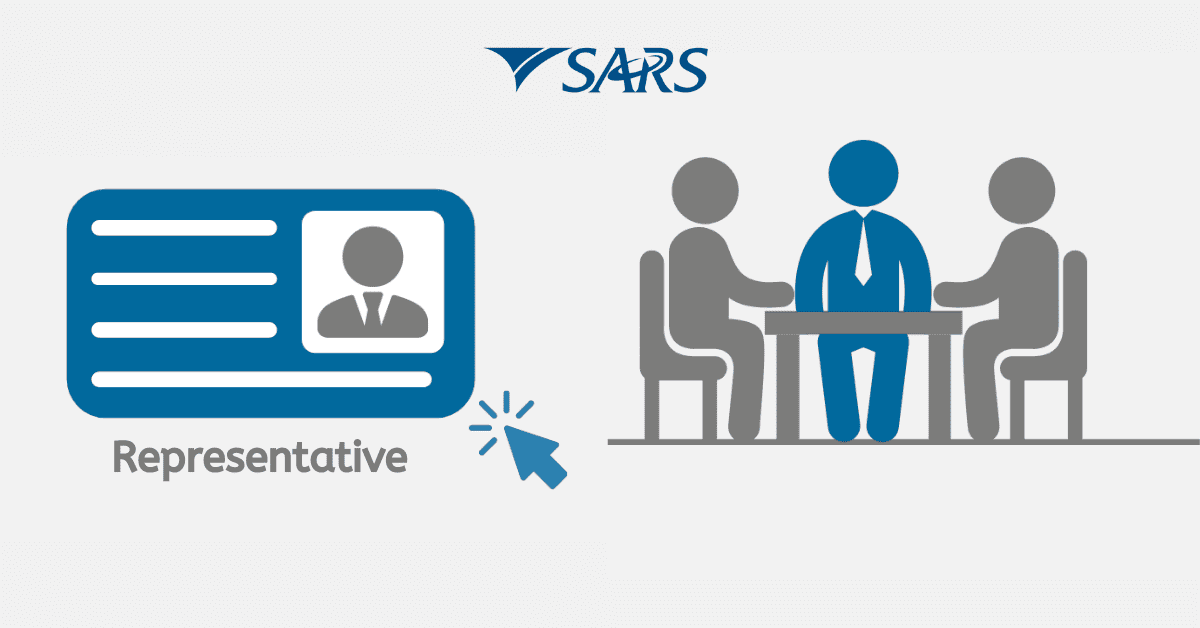Understanding the tax threshold in South Africa for 2026 is an integral part of financial planning. With the rising cost of living, it’s crucial to know how tax-free income is in South Africa and the new tax brackets for this year.
This blog post will explore the answers to questions such as the tax-free allowance for 2026/26, the tax-free limit in South Africa, and how much you must earn in SA to pay tax. Read on to find out all the details about the tax threshold in South Africa in 2026.
What Is The Tax Threshold In South Africa 2026?
The tax threshold in South Africa for the 2026/26 tax year is the income you can receive before you are required to pay tax. This threshold is set by the South African Revenue Service (SARS) each year and is used to determine the amount of taxable income. The tax threshold for 2026 was R87 300 for individuals under 65 years old and R135 150 for those 65 and over.
For the 2026 tax year, the tax threshold has increased to R91 250 for individuals under 65 and R141 250 for those 65 and over.
How Much Income Is Tax-Free In South Africa?
South Africa’s tax-free threshold for 2026/26 (from 1st March 2026 to 28th February 2026) is R91 250. This limit means that individuals earning a gross income of R91 250 or less in this period will not be liable to pay any income tax.
For individuals earning between R91 250 and R226 000, there is one progressive tax bracket – 18%. For those earning more than R226 000, a top marginal rate of R40 680 plus 26% applies.
What Are The New Tax Brackets For 2026?
Income over the tax threshold is subject to progressive income tax rates, with higher-income earners paying higher tax rates. For 2026/26, these tax brackets and their respective rates are as follows:
- R0 – R226 000 18% of taxable income
- R226 001 – R353 100 R40 680 + 26 percent of taxable earnings above R226 000
- R353 101 – R488 700 R73 726 + 31 percent of taxable earnings above R353 100
- R488 701 – R641 400 R115 762 + 36 percent of taxable earnings above R488 700
- R641 401 – R817 600 R170 734 + 39 percent of taxable earnings above R641 400
- R817 601 – R1 731 600 R239 452 + 41 percent of taxable earnings above R817 600
- R1 731 601 and above R614 192 + 45 percent of taxable earnings above R1 731 600
It is important to note that the tax thresholds and rates discussed here apply only to individuals and do not apply to businesses or other entities. Businesses may be subject to different tax thresholds and rates. It is also important to remember that these thresholds and rates can change at any time, so it is vital to stay up-to-date on the latest changes.
What Is The Tax-Free Allowance For 2026/26?
Tax deductions are available for certain expenses, such as medical costs, disability expenses, or retirement savings.
However, you can claim these deductions if you earn more than the tax-free threshold amount. Also, tax credits are available for certain types of income, such as unemployment or disability benefits.
It is important to note that the tax-free allowance does not impact all types of income. For example, investment income and capital gains are still taxable. Additionally, some people may have to pay a “progressive tax,” which means they have to pay higher taxes on higher incomes.
What Is The Tax-Free Limit In South Africa?
The tax-free limit in South Africa for the 2026/26 tax year is R91 250 for individuals under 65 and R141 250 for those 65 and over. Any income earned above this limit will be subject to income tax.
The rate of taxation depends on your income bracket. For example, if you earn up to R226 000, you’ll pay 18% of your taxable income in taxes.
How Much Must You Earn In SA To Pay Tax?
Taxpayers in South Africa are required to pay taxes on their income if they earn more than the tax threshold. The tax threshold in South Africa for 2026 is R91 250 for individuals under 65 and R141 250 for those 65 and over. This limit means that any income earned over and above R91 250 and R141 250 will be subject to income tax.
The South African Revenue Service (SARS) uses a progressive income tax system, which means that the more you earn, the higher the tax rate you must pay.
Those earning below the tax threshold are exempt from paying tax as they are considered non-taxpayers. However, it is essential to remember that there are other taxes that all taxpayers must pay regardless of their income, such as Value Added Tax (VAT).
Conclusion
The SA tax system is complex, and the threshold for paying tax can change from year to year. Therefore, knowing the tax threshold for the current financial year is crucial to ensure you are paying what’s necessary.
For the 2026/26 financial year, the tax-free limit is R91 250 for individuals under 65 and R141 250 for those 65 and over. However, any income over this amount will be taxed according to the applicable tax brackets. Therefore, keeping track of the latest tax information is essential.
